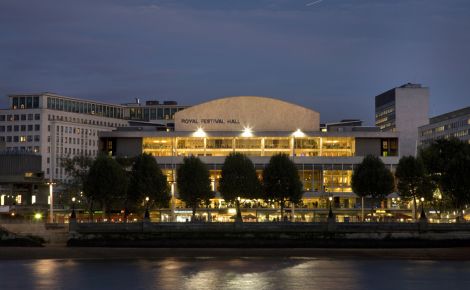Obituary: The elusive Seiji Ozawa was Japan’s greatest peacemaker
NewsThe late conductor, whose death was announced today, was not just the first Japanese to command the summits of western classical music. He was also an intelligent leader who used his human contacts to bring nations closer together, especially helping to heal wounds between Japan and China, the country of his birth.
Seiji was born in Japanese-occupied Manchuria in September 1935. Victory in a French conducting competition at Besancon earned him an invitation to Tanglewood to study with the sage-like Pierre Monteux. He quickly came to the attention of Leonard Bernstein and Herbert von Karajan, both of whom became mentors. Invitations flooded in.
In 1964 he became music director at Ravinia, Chicago’s summer festival. The following year he was signed by the Toronto Symphony, in 1970 by the San Francisco Symphony and in 1973 by the Boston Symphony, where he remained in charge for 29 years. His era was marred by intermittent eruptions of player dissatisfaction, but the dissidents were swiftly eased out and his tenure continued unchallenged. His limited command of English did not help.
In 1979 Ozawa was invited to China to conduct the first Beethoven ninth symphony in the country in almost two decades. Later that year, he brought the Boston Symphony on tour. He returned often to the land of his birth and buried his mother’s ashes in his childhood courtyard.
A close friend of the Sony founders Akio Morita and Norio Ohga, he solicited huge donations to the Boston Symphony, including a building at Tanglewood.
After Boston he served seven years as music director at the Vienna State Opera. He founded a summer orchestra in Japan, the Saito Kinen Orchestra, named after his teacher.
Ozawa’s podium style moderated from early Bernstein calisthenics to later Karajan impassivity. He was an advocate of a small group of contemprary composers, notably Messaien, Ligeti, Dutilleux and Takemitsu.
Boston conflicts notwithstanding, he was not a vindictive man. He could be exceptionally generous to colleagues who fell on hard times. In 2010 he was diagnosed with oesephogal cancer, which consumed his energies in later years.
photo: Vienna Philharmonic Orchestra






Comments